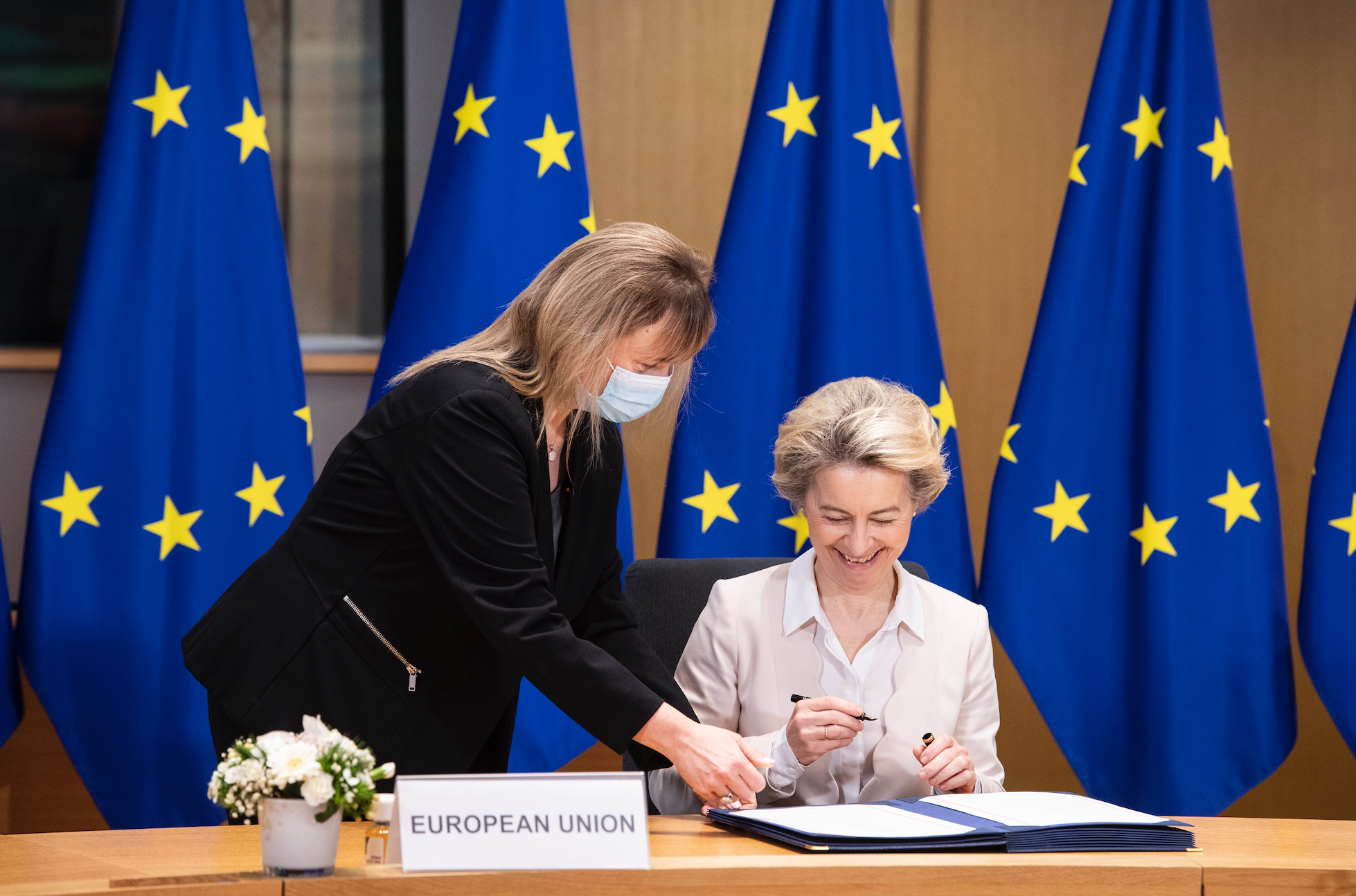Liz Heffernan (Trinity College Dublin)
The EU-UK Agreement on Trade and Cooperation marks a milestone in the laborious and controversial process of the UK exiting the EU. While the bulk of its provisions are devoted to trade, the agreement encompasses other important fields including law enforcement and judicial cooperation in criminal matters. In recent decades the EU has established an elaborate network of laws, policies and agencies devoted to crime and security. The Lisbon Treaty integrated this rapidly evolving area within the EU’s supranational structure and today EU criminal law impacts appreciably on investigative and trial practice throughout the Union. Brexit signals the UK’s disengagement from this complex body of law and operational practice and the Agreement provides a framework, albeit incomplete, for future cooperation. When the dust eventually settles on this difficult transition, attention will likely focus on the longer term implications of Brexit including the reduction of common law influence within the EU and its likely effect on Ireland.
Ireland and the UK co-operate closely in the criminal sphere in policing the border, coordinating a common travel area and preserving peace and security across the two islands. Precisely because their interests tend to coincide, the UK and Ireland frequently adopted a common, mutually supportive approach in their engagement with the EU on criminal matters. This special relationship was reflected in formal positions on EU initiatives but also informally in cooperation between government departments and criminal justice agencies. Like the UK, Ireland negotiated a special position under the Lisbon Treaty whereby it is not automatically bound by EU criminal justice instruments but may opt-in to any particular initiatives.
Ireland participates in a wide range of EU crime and security arrangements including Europol, Eurojust, the European Arrest Warrant, mutual assistance and the European Criminal Reports Information System. It has been more ambivalent about signing up to EU minimum rules on procedural protections for suspects in areas like access to legal advice and the presumption of innocence. Doubts about European governance owe something to a perceived need to safeguard the Irish constitutional rights tradition. Sovereignty looms large when it comes to matters of crime and security and States tend to cleave to their own traditions of justice. Irish reticence also reflects concern over the adaptability of continental-inspired measures to the common law trial system. As a common law Member State with an adversarial trial tradition, Ireland is somewhat of an outlier in European legal culture, a reality all the more marked with the departure of the UK.
The UK was not only a large, influential Member State but also a powerful common law voice in EU deliberations at all levels and stages of negotiating processes. For example, it played a key role in the 1990s in promoting mutual recognition as an alternative to harmonisation in the field of criminal law partly out of fears about the implications for its common law system. Brexit also signals the loss of UK representation in the various EU bodies and courts and of UK professionals as employees of the various EU institutions. This will not only reduce the common law voice within the EU but surely also diminish European understanding of common law concerns.
Ireland may be more isolated externally in its engagement with the other Member States and its position as a common law Member State with an opt-out facility may seem all the more exceptional in the UK’s absence. Ireland may also suffer a future internal loss of shared experience with the UK in implementing and applying EU measures within the domestic common law system. Up to now, litigants, lawyers and judges have compensated for the country’s small size and correspondingly limited pool of litigation by gleaning insight from cases generated through the more extensive EU-related practice in the UK courts.
Moving forward post-Brexit, Ireland must tread a multi-faceted path to international cooperation in criminal matters: embracing European legal culture as a common law Member State, retaining its shared heritage and special relationship with the UK, and staying faithful to its own constitutional values. At the same time, whether on policing, exchange of data, extradition, fair trial or other issues, Ireland may potentially play a pivotal role, bridging relationships between common and civil law traditions both within and outside the EU.
The path to cooperation may be eased by the UK’s continued participation in the European Convention of Human Rights, a benchmark of shared values that is expressly referenced in the EU-UK Agreement. Fundamental rights lie at the heart of EU criminal law and are intrinsically linked to the ECHR’s scheme of protection. Post-Brexit, the ECHR may provide a vital context for constructive engagement on criminal law matters between the EU and the UK and across the common law and civil law traditions.
Liz Heffernan is Associate Professor at the Law School Trinity College Dublin, the University of Dublin
Image credit: European Commission



